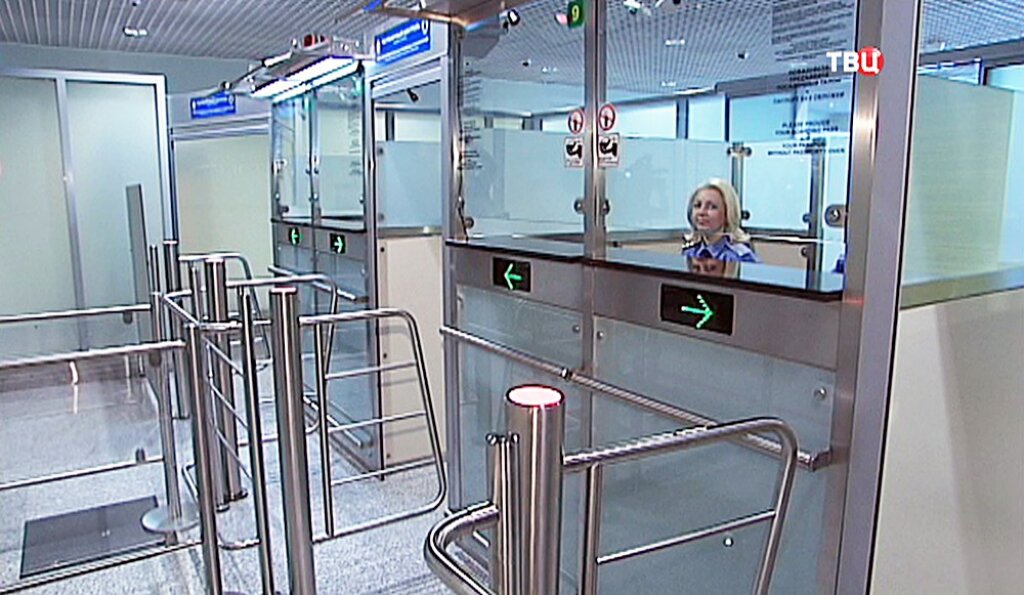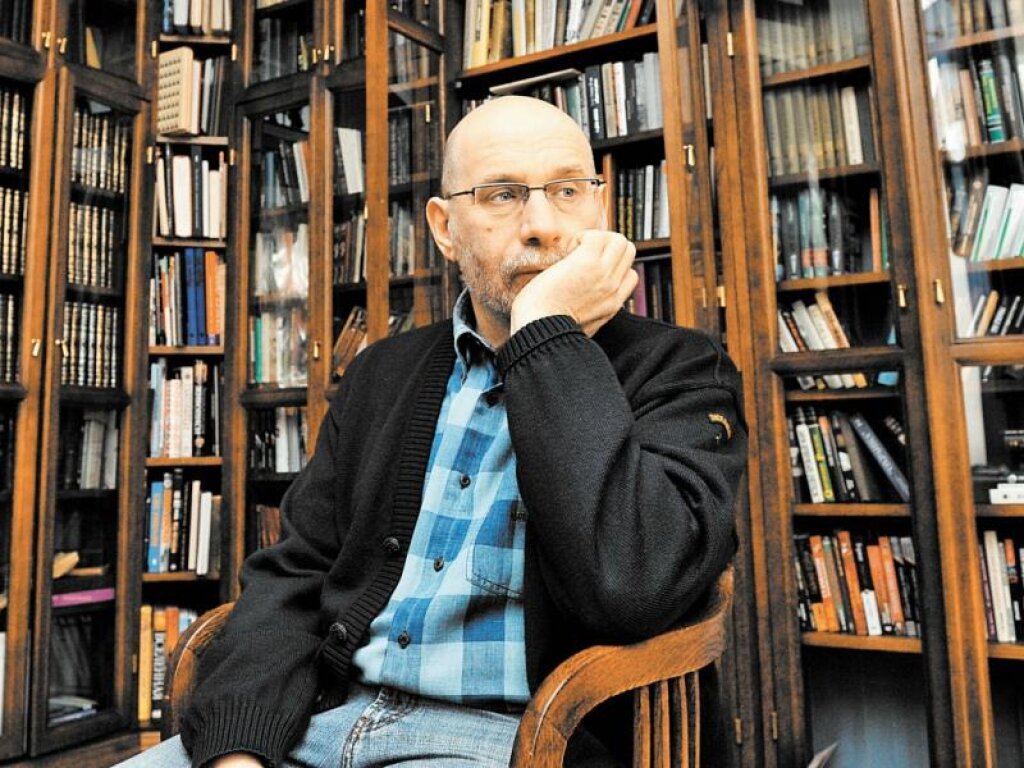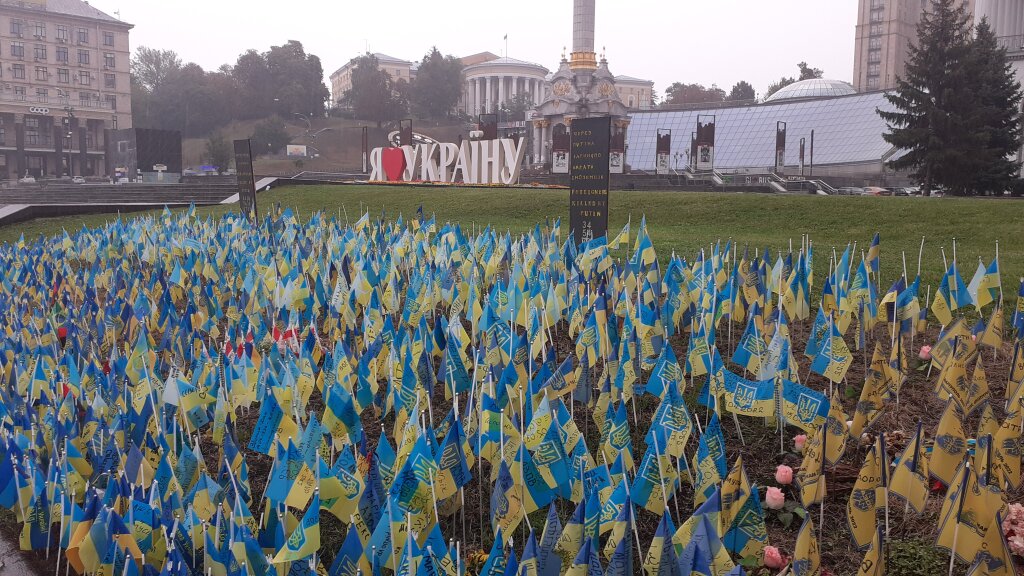Masha Kisel is a Lecturer in the English Department at the University of Dayton.
This excerpt is part of a larger semi-autobiographical novella that retells the story from the perspective of my nine-year old self of my family’s last months in the Soviet Union, the HIAS-sponsored journey through Austria and Italy to America, and the first year of living in Chicago as a new immigrant. Some places and names have been changed.
Leningrad to Moscow
When she boarded the train to Moscow, she didn’t cry. First snowflakes cascaded like fairy dust under the train station’s street lamp. Her father, who had just hurriedly handed her a black and white portrait of himself and told her not to forget him, stood on the platform looking more like a cardboard cutout than a person, so she stopped looking.
There was something strange in this night air. It was thicker, inkier than usual. It wanted to congeal around Sasha, to keep thickening around her until she was an insect trapped in amber, stuck in this moment for eternity. The final minutes before departure were nearly unbearable. She was sure that as soon as the train began moving, all the people and things on the platform would ossify and turn to stone. When she finally got on the train she felt a sense of relief. Oh yes, she should wave one more time and then that would be it.
She did not feel sentimental. Her expected sadness was eclipsed by an intoxicating sense of possibility. She watched Modest Efimovich nervously arranging their luggage under the seat of the lower compartment.
In these new worlds, her stepfather would have no jurisdiction. The clean rubber punitive slipper did not make it into the two suitcases they were allowed to bring with them.
The train was taking them to Moscow’s airport Sheremetievo, where they would stay the night before departing for the first of the two European checkpoints for Jewish political refugees: Vienna and then Rome.
For the first time in her life, Sasha stayed in a hotel. They had been told that they would need to give up all their Soviet currency, so Sasha’s mom spent the rest of their money on snacks and sweet treats for Sasha. These were luxuries only available to international tourists and it made Sasha feel as though they had already arrived in America. She smugly looked back on yesterday’s scarcity from her privileged perch on a white bed, slowly licking the melted chocolate from her lips and fingers. It had been a year since she had last eaten chocolate.
Her mother ate very little. She scanned the hotel room with darting eyes and once in a while took a deep breath as though suddenly remembering that breathing was something she had to do. Modest Efimovich stayed at the airport with their luggage for the night. A representative from each family had to stay behind to declare all possessions to customs. The floor of the international departure area was filled mostly with men, sleeplessly guarding their remaining worldly possessions: beat up suitcases filled with clothes and rolls of scratchy toilet paper, plastic bags with metal pots. Many of these things would be taken away. The weight limits were strict, but the soon-to-be-ex-Soviet citizens would argue and beg for every item as though they were being separated from a loved one.
Back at the hotel room Sasha was happy. She did not notice her mother’s labored breathing, or that her mother got up twice during the night to throw up. Sasha did not think about the things she left behind. She slept soundly, chocolate still smeared on her lips, an empty bottle from her first Pepsi stood on the nightstand next to her bed. She would use it as a vase for flowers when she got to Austria, or she might swaddle it in a towel and make it into a baby doll.
Moscow Airport Sheremetievo
The next day nothing happened quickly. There must have been at least five hundred people in the airport’s international holding area. All stripped of their Soviet citizenship, waiting without passports to hear further instructions. But no instructions came. The former citizens wandered around “window shopping,” near the closed stores full of jewelry, meant for foreigners with money. They would soon be foreigners too, but their pockets were empty. The sheen of the jewelry cases full of colorful frivolity teased the dull monochrome of Soviet fabrics. The practical grays, blues and army greens of coats and luggage scoffed with grim realism at the optimistic beckoning of the displays.
The air was musty with the smell of sweat. Some people had been here since last night. They wore extra layers of clothes that wouldn’t have to be packed. This nascent airport society was already practicing capitalism. People bartered things they didn’t think they would need for things that they were now certain they couldn’t live without. Some people walked around asking for food. Every family was given $100, but they didn’t know how long they would need to make it last.
No one was certain that they would get where they were going and were already constructing alternate plans
“I have a cousin in Boston, but if they don’t let me into America I could go to Australia, my ex-wife’s uncle lives there…”
“My sister-in-law moved to Texas last year…but she says it’s too hot in the summer. Maybe I can go to California. I hear that San Francisco is full of immigrants…”
They had been at the airport for five hours. Something was wrong with the plane. It didn’t have enough fuel or it had too much fuel…
A HIAS officer walked around offering the People of the Republic of the Airport a chance to get on a plane right now, to Israel. They would be welcomed. No European checkpoints. No waiting. No questions asked. Instant citizenship. It was like a game of immigrant chicken. People listened and followed him with their eyes, but no one moved.
By the seventh hour at the airport Sasha’s mother was quietly sobbing. She had been sitting on their suitcase, in part to guard it and in part because there was nowhere else to sit.
“Mom?” Sasha said quietly. Modest Efimovich seemed absorbed in his own thoughts.
Sasha’s mom wiped away tears and forced a weak smile. “I am okay. I think we will be boarding soon.”
They boarded three hours later.
Vienna
The immigrants moved as one nomadic caravan, at times terrestrial and other times airborne. The tribe was comprised of clairvoyants (the Soviet Union would collapse two years later), fleeing scapegoats, dreamers and opportunists.
Vienna was the first HIAS checkpoint for Jewish political refugees. They arrived a week before Christmas. Each checkpoint involved a series of interviews to weed out the spies and the KGB operatives. “They will even interview the children!” adults would hiss to each other, their eyes wide with fear.
The tribe had already developed its own oral tradition, and one could find bards at every immigrant gathering singing The Tales of What Could Go Wrong At the Interview. There were numerous variations on the most popular theme of The Child Who Said the Wrong Thing:
“Of course I am loyal to the Soviet State. I am a young Pioneer!”
“Mommy and Daddy are going to buy lots of nice things and we will bring them back to our secret house outside of Moscow”
and “America is full of bourgeois pigs!”
***
In Vienna, the first pilgrimage to a European supermarket could not be made without a guide. Those who entered unaccompanied paid dearly for their hubris. Tales circulated of fainting spells, heart attacks, strokes and sudden loss of speech that could last for days.
The self-appointed supermarket midwife was typically a recent arrival, three or four days ahead of the newcomers.
On their second day in Vienna, Sasha, Sasha’s mom and Modest Efimovich were led ceremoniously to an Austrian Aldi by the Sczwartzes, a family of three with whom they shared a temporary Vienna apartment. These were people who took food very seriously. The warnings about the mind-blowing variety of food products they would encounter in mere moments was delivered with an air of solemnity by the patriarch of the family-Misha Shwartz, in between bites of apple strudel.
“There will be juice. At least ten varieties. And I’ll tell you what else. There will be brands, different brands of one kind of juice. There might be three different brands of just cranberry...” Misha paused meaningfully and looked at them over his glasses to confirm that they were still conscious after hearing such a report. He wiped a crumb from his cheek.
“And don’t let your kid run around picking whatever she wants or you won’t have enough for the week. Just focus on bread, cheese, meat, for your first time. Not too much. Don’t get sweets. You’re not ready yet. Pace yourself, and maybe in a few days…” He took another bite and a drop of apple filling remained on his chin, which he confidently wiped with his sleeve.
When they entered the store through the sliding glass doors, Sasha felt her heart speed up. She was glad for the warning. Most grocery stores in the Soviet Union were small delis. The food was either not packaged at all or wrapped in modest brown paper. Here the food was dressed up, like at a parade. The brightly colored packaging made promises of extraordinary sensual delights.
It didn’t take her long to realize that there was an entire aisle dedicated to candy. She stood in front of it, in mute worship, not daring to feel desire.
Sasha’s reverie was broken as she felt a hand on her shoulder “What would you like?” her mom whispered in her ear. She was smiling with relief, as though the glass doors had finally delivered them to the other side of the “looking-glass” of Soviet scarcity.
In the end, Sasha picked a giant bag of assorted gum and candy. She couldn’t believe they had bought it for her, not heeding Misha’s warning. This was a new dawn of permissive parenting. She would only eat one piece at a time, savoring and saving, just in case…



